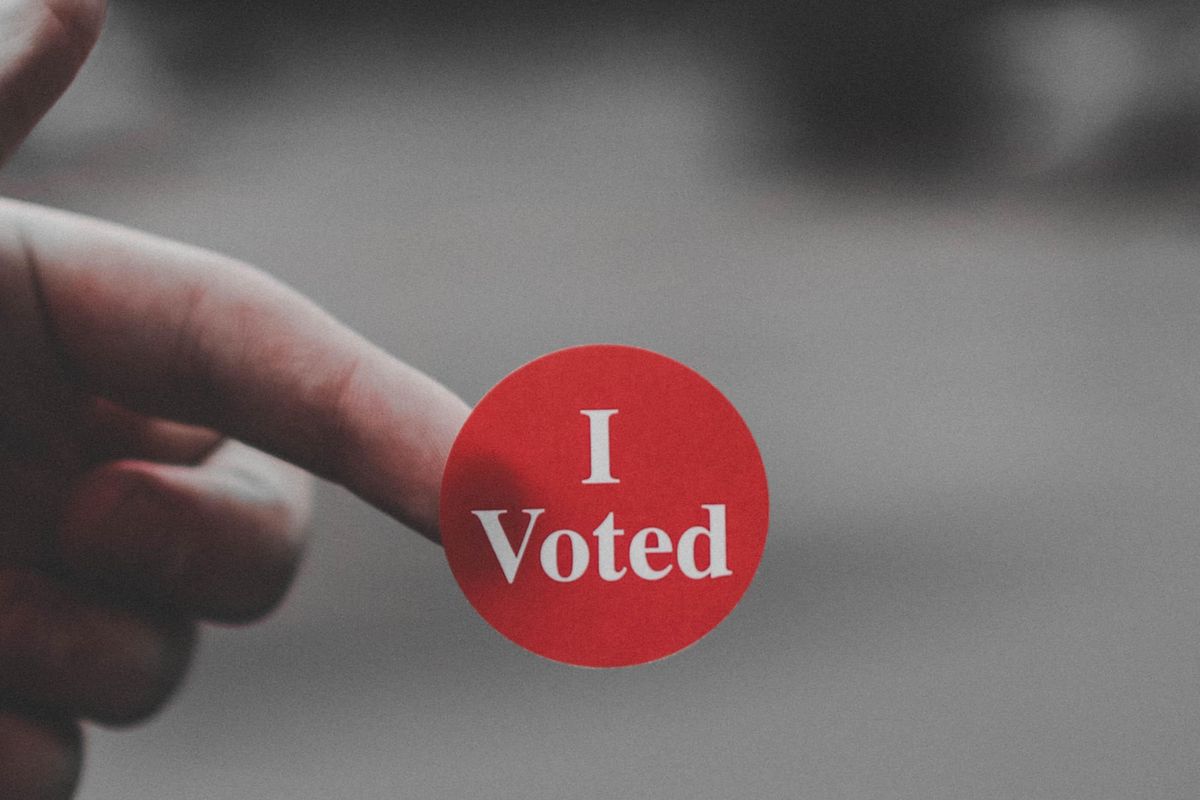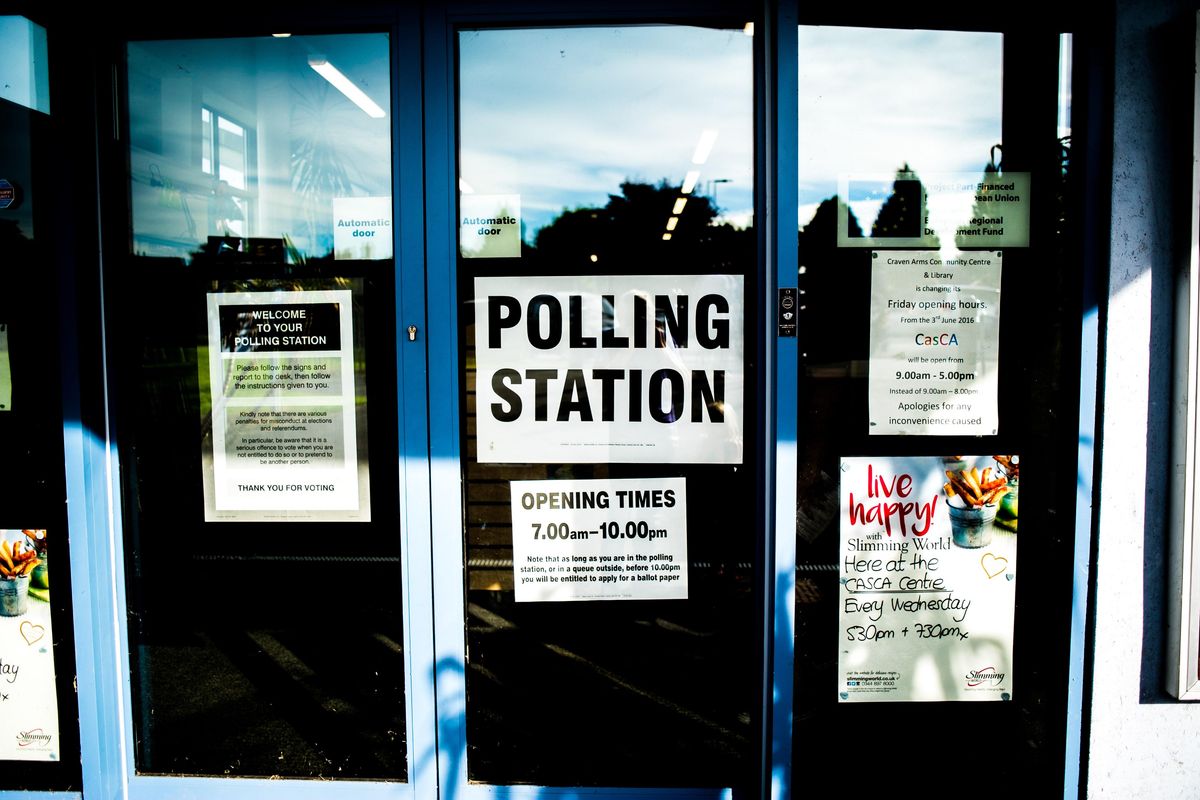Midterms are some of the most important elections in our democracy. Here's why it matters.
Every vote counts, so make your voice heard.
Midterms are some of the most important elections in our country.
The 2022 midterm elections are here and while it may seem hard to escape the seemingly endless advertisements of candidates and ballot initiatives, some people don't understand the importance of voting. In America, we have three branches of government, designed to perform checks and balances. One branch can't work properly without the others.
No matter who is in the White House, they can't move things through without Congress.
But when it comes to policies, the heavy weight falls on Congress. A presidential hopeful can promise everyone a pony and a million dollar stable, but if Congress says no, then no ponies for the American people. When you vote in the midterms, you're helping to handpick who is more likely to not only listen to your needs as a voter, but work with the president and members of Congress to pass policies that you find helpful. Let's help you get your vote counted.
 Photo by Element5 Digital on Unsplash
Photo by Element5 Digital on Unsplash1. Where's my polling place?
So where do you vote? That's a good question. You can type in your address here and it will tell you where your polling place is. Remember if you haven't updated your address on your voter registration then you'll need to use that address to find your polling place.
2. I forgot to register, oops!
Yikes! Election Day is like right now and you forgot to register to vote. No worries, there are 22 states that allow same-day registration. See if your state is on the list here. Go through the list carefully though because some states only allow same-day registration for presidential elections. You'll want to be sure your state allows it for midterms.
 Photo by Parker Johnson on Unsplash
Photo by Parker Johnson on Unsplash3. How do I check my registration?
Pretty sure you've already registered to vote but your state's website is confusing or directing you to an in-person location to ask. Check your voter registration here and ease your mind before you get to the polls.
4. I have no idea who to vote for.
Now that you understand why midterm elections are important, you've checked your registration and found your polling place, the rest is up to you. Use the few hours or minutes you have free to research candidates and their positions to see how they align with your own.
Some candidates are not as vocal about their stances and don't have information readily available. Don't stress. If the candidate is attempting to get re-elected you can check out your state government site for their voting record and if it's a federal candidate, you can check here.
No matter who you vote for, get out there and vote. Your voice matters.

